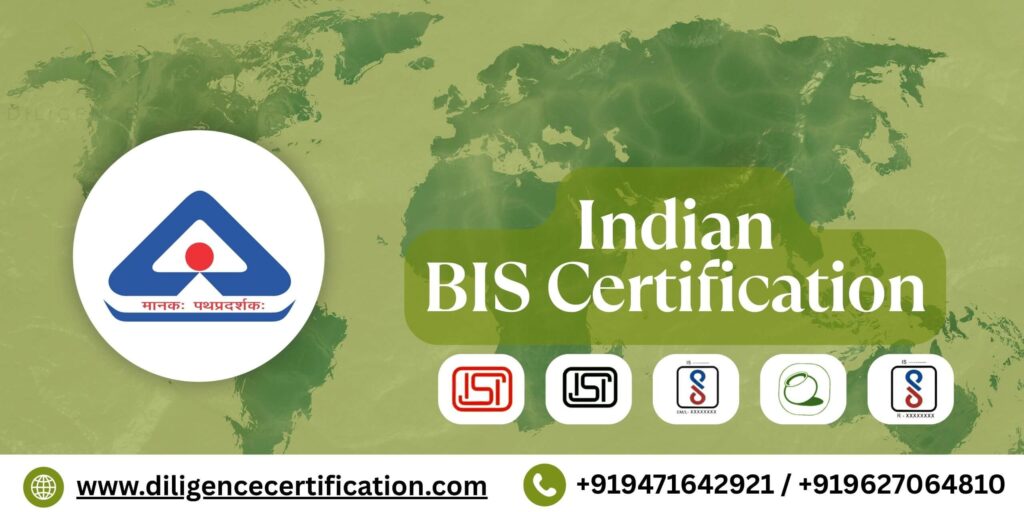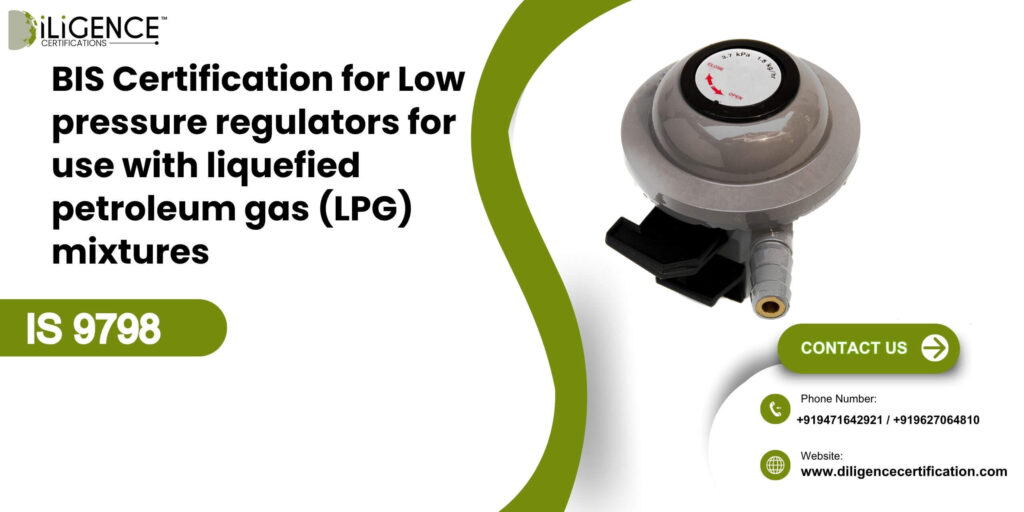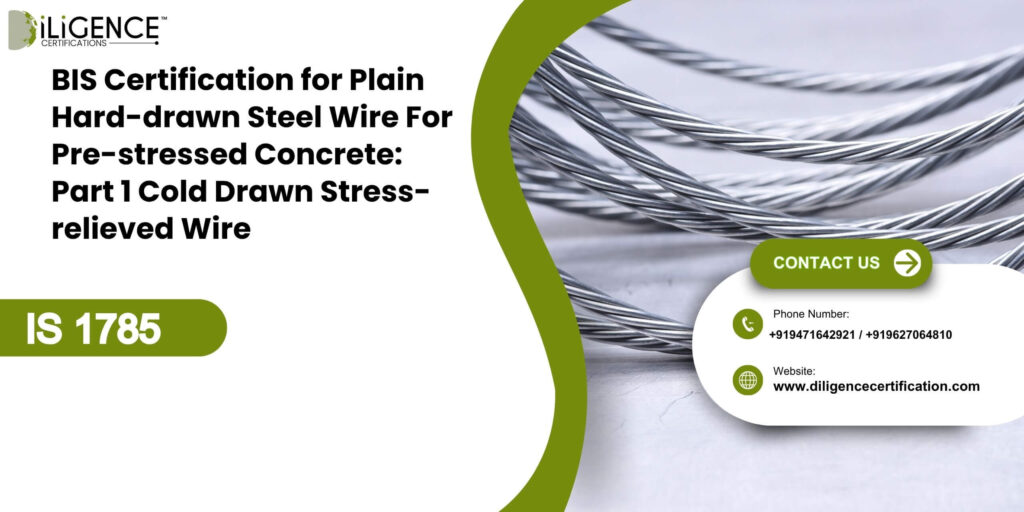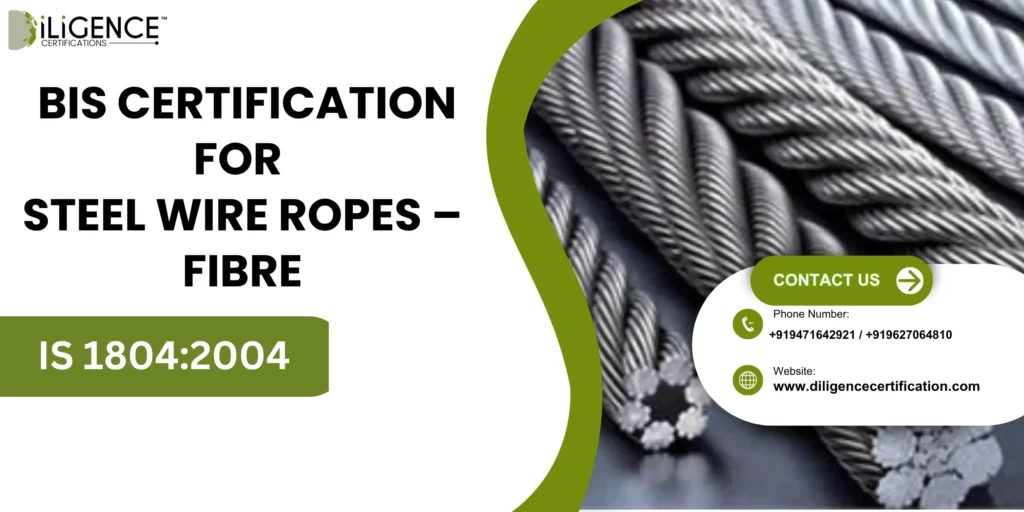- Through the Indian Bureau of Standards (BIS), Indian BIS certification confirms that your product meets the safety, quality, and legal requirements of BIS.
- BIS certification is required for 450+ product categories including electronics, toys, steel, and other household products.
- BIS certificate means you can clear customs, list on e-commerce sites and your consumers trust your products in a regulated Indian market
Introduction
Last year, an Indian importer of toys from Vietnam was hit with a rude shock at Nhava Sheva port. Customs blocked his container, citing the absence of BIS registration. Despite having EN 71 certification from Europe, it didn’t matter here. BIS certificate under Indian law was mandatory for toy imports.
By the time the importer managed to get certification through the Bureau of Indian Standards, the festive season had passed, and with it, an estimated Rs. 40 lakhs in missed revenue.
Indian BIS Certificate is not an administrative formality, but rather a strictly legal requirement to ensure the safety of products, assist the regulator with quality enforcement, and finally protect the end consumers.
What is Indian BIS Certification?
The Bureau of Indian Standards (BIS) is India’s national standards organization within the Ministry of Consumer Affairs, Food & Public Distribution. BIS is responsible for developing, certifying, and enforcing standards of quality and safety for many goods and services across the Indian economy. BIS certification is critical since your product will conform with specified Indian Standards (IS) and products indicated with BIS Certificate mark are safe, reliable, and compliant with Indian law.
BIS operations include certification schemes such as the ISI mark, the Compulsory Registration Scheme (CRS) and the Foreign Manufacturers Certification Scheme (FMCS). These are all important to manufacturers, domestic and foreign, that want to sell goods in specified categories and regulated goods in the Indian marketplace
Whether you manufacture steel pipes, LED televisions, kitchen appliances, or toys, the BIS is there to ensure that your product meets India’s legal obligations and safety measures. Without it, import, sale, and even e-commerce listing of such products is illegal.
BIS Certification is required for both Indian manufacturers and foreign exporters if their products fall under the BIS Standard Lists for mandatory certification. It assures:
- Quality and safety compliance
- Uniform product performance
- Competitive market access
- Regulatory approval for customs and e-commerce
Why Indian BIS Certification is Essential for Market Entry?
“Without BIS approval, even the best global brands face customs blocks in India.” — Compliance Lead, Diligence Certifications
Mandatory for Controlled Products
As of 2025, over 450+ product categories require BIS certificate. These include:
- Consumer Electronics (TVs, adapters, smartphones)
- Household Appliances (refrigerators, geysers)
- Industrial Goods (valves, cement, steel)
- Textiles & Toys (IS 9873, IS 15644)
- PPE, Helmets, Kitchenware
Legal Compliance
BIS standardizes a program for products listed under the Compulsory Registration Scheme (CRS) or ISI Mark Scheme. Unless you certify your products are meeting BIS standard lists, you legally cannot import, sell and/or distribute the products.
- If a company does not always meet the standards, compliance enforcement actions may arise in the form of product seizure, fines and/or lawsuits.
- Customs authorities actively verify BIS Certificate status
- BIS is linked with e-commerce and BIS Care app for public verification
Consumer Trust and Marketability
Indian consumers chased the Standard Mark as a condition of safety. In key marketplaces like toys, electronics, or steel, BIS also delivers trust and credibility for shoppers in a regulated environment.
What Are the Benefits of Indian BIS Certification?
Businesses gain much more than legal clearance through BIS certificate:
- Market Access: Entry into India’s regulated product markets
- Brand Credibility: An Establishment through the BIS Standard Lists Mark
- Customs Clearance: Straightforward Import and Export
- E-commerce Readiness: Your listing on platforms like Amazon should incorporate BIS.
- Risk Reduction: Avoid fines, product recalls, and regulatory action.
If you are looking to scale or sell in India, Indian BIS Certification is like a license to do so responsibly and reliably
Who is Eligible for Indian BIS Certification?
Eligibility depends on the scheme under which certification is sought:
- ISI Scheme: Indian manufacturers of products under mandatory IS standards
- CRS Scheme: Foreign or Indian brands dealing with electronics and IT goods
- FMCS Scheme: Foreign manufacturers exporting regulated goods to India
Every applicant must comply with testing protocols and have documents like brand authorization, manufacturing licenses, and product data sheets in order.
What Are the Requirements for Indian BIS Certification?
To apply for BIS certificate under any scheme, applicants must prepare the following:
- Factory Documents: Manufacturing license, layout plan, and process flow
- Product Samples: For testing in BIS-recognised labs (India-based labs for CRS)
- Test Reports: Validated by BIS-approved laboratories
- Indian Authorised Representative (AIR): Mandatory for foreign brands
- Brand Authorisation: Letter from the brand owner
- Application Form & Declarations: Filled and digitally signed on the BIS Certificate portal
- Compliance with Relevant IS Code: Based on BIS Standard Lists
Meeting these requirements is the first step to avoid application rejection or delay.
Understanding BIS Certification Schemes in India

Depending on product category and origin, different schemes apply:
1. ISI Mark Certification
For Indian manufacturers producing regulated items. It involves:
- Factory inspection
- Indian standard (IS code) compliance
- Periodic surveillance

2. CRS (Compulsory Registration Scheme)
Applies primarily to imported electronics and IT goods. BIS CRS Product Lists.
- No factory audit required
- Indian lab testing is mandatory
- Appointment of an Indian Authorised Representative (AIR) required

3. FMCS (Foreign Manufacturers Certification Scheme)
Used by foreign companies wishing to export under the ISI Mark.
- Includes BIS team audit at overseas facility
- Typically for steel, construction goods, heavy electronics
What Are BIS Standard Lists?
BIS Standard Lists are official notifications issued by BIS Certificate containing:
- Product categories that require mandatory BIS Certificate approval
- Corresponding Indian Standards (IS Codes)
- Applicability under CRS, ISI, or FMCS
Examples of BIS Standard Codes:
- IS 616: Audio, video & similar electronics
- IS 302-2-26: Electric irons
- IS 9873: Toys
- IS 12252: Helmet for two-wheelers
- IS 2553: Toughened safety glass
These lists are updated regularly. Keeping up with them is essential for compliance.
BIS Certification Process: Step-by-Step
The certification process typically follows this pattern:
Step 1: Product Classification
- Identify applicable IS code from BIS Standard Lists
Step 2: Select Relevant Scheme
- Choose between ISI, CRS, or FMCS
Step 3: Product Testing
- Conduct lab testing in BIS-recognised laboratories (India-based for CRS)
Step 4: Application Filing
- Submit an online application with factory documents, test reports, brand declaration, etc.
Step 5: Audit (where applicable)
- BIS officials inspect factory (ISI/FMCS schemes)
Step 6: Certificate Grant
- BIS grants certification and authorises use of the Standard Mark

BIS Certification Timeline and Cost Estimates
| Scheme | Typical Cost (INR) | Estimated Time |
|---|---|---|
| CRS Certification | As per actual (Government fee) | 3–5 weeks |
| ISI Certification | As per actual (Government fee) | 6–8 weeks |
| FMCS Certification | As per actual (Government fee) | 10–14 weeks |
From Delay to Fast Track
A Singapore-based brand selling power banks lost two major e-commerce contracts in India due to delays in BIS CRS certification. They approached Diligence Certifications, who not only identified the correct IS standard but also facilitated testing, documentation, and AIR appointment within 21 working days.
The result? Listing restored, compliance in place, and a new-found respect for regulatory readiness.
BIS Certificate Sample Documents Checklist
- Factory registration and layout plan
- Test reports from BIS lab
- AIR (Authorised Indian Representative) documents
- Brand authorisation letter
- Product brochures & specifications
- IS Code reference (as per BIS Standard Lists)
Compliance Risks of Ignoring BIS Certificate
- Goods stuck at customs
- Legal notices from BIS
- Fines and product recalls
- Marketplace bans (Amazon, Flipkart delisting)
- Customer complaints and PR damage
Conclusion:
Indian BIS Certification is more than a sticker of compliance; Indian BIS Certificate is a ticket to trust, compliance, and sustainable entry into the marketplace. The Bureau of Indian Standards has rules and regulations that mandate quality compliance through their schemes and BIS Standard Lists.
Whether you are a domestic startup or an international exporter, timely compliance with the BIS Certificate will minimize regulatory challenges and grant smooth access to the Indian consumer market.
If you want personalized support and support around certification, documentation, and testing, consider working with experts like Diligence Certifications. They will handle the documentation and testing, as well as act as a single point of contact between the manufacturer and the BIS Certificate, allowing your brand to work on what is the most important – growth!
Why Choose Diligence Certifications for Indian BIS Certification?
- Expertise in BIS Regulations – Our team specializes in BIS compliance, ensuring your products meet every mandatory requirement under Indian standards.
- End-to-End Support – From application filing to license approval, we manage the entire BIS certification process seamlessly.
- Customized Guidance – We understand every product and business is different, so we provide tailored solutions for your certification needs.
- Time-Efficient Process – Our streamlined approach minimizes delays, helping you get BIS certification within the expected timeline.
- Transparent Costing – No hidden charges; we clearly outline government fees and consultant costs for your better planning.
- Global Client Experience – Trusted by Indian and international manufacturers for smooth BIS certification support.
- Post-Certification Assistance – We help with license renewals, product updates, and ongoing compliance support.
With Diligence Certifications, you gain a reliable partner who ensures your BIS certification journey is stress-free, professional, and fully compliant with Indian regulations.
FAQ: Indian BIS Certification
What is Indian BIS certification?
The Bureau of Indian Standards has the rules and regulations to ensure quality compliance through its schemes and BIS Standard Lists.
Who needs BIS certification in India?
If the product falls under the mandatory list of BIS standards Lists then the manufacturer (whether Indian or foreign), needs to receive BIS certification.
How can I find out if my product requires a BIS certification?
Either visit the official BIS Standard Lists (at bis.gov.in), and confirm the IS code to check whether your product is in the mandatory BIS code, or contact a BIS consultant like Diligence Certifications.
How do I apply for BIS certification in India?
You will submit an online application on the BIS portal along with test reports, product samples, and other documents. Depending on the Scheme (ISI, CRS, FMCS); the Bureau may conduct laboratory tests or undergo a factory audit.
What are the benefits of BIS certification?
BIS certificate guarantees exemption from customs delays, preferential placement on e-commerce platforms, enhanced customer confidence and assurance, and compliance with Indian law—like avoiding undue penalties and import holds.
Can I sell on Amazon India without a BIS certificate?
No, not for regulated categories. Firms like Amazon and Flipkart require that all items, including electronics, LED lights, toys, and kitchen items etc., go through the BIS certification processes if they are listed as such on their site.
Does BIS certificate expire?
Yes. BIS certificate usually has a validity of 1 to 2 years and must be renewed before expiry to avoid non-compliance.
How long does BIS certificate take?
Depending on the scheme, it can take 3–14 weeks. CRS is usually faster (3–5 weeks), while FMCS for foreign brands can take up to 14 weeks due to audits.
What does the BIS mark look like?
The BIS Standard Lists Mark is a triangle with ISI inside, often accompanied by the IS number below. For CRS products, a unique registration number is displayed on the label.
Is BIS certification needed for Make in India products?
Yes. Even if your product is locally manufactured, if it falls under mandatory BIS categories, ISI certification is required before sale or distribution.
Can I get BIS certification without a factory inspection?
Yes, but only under the CRS scheme. ISI and FMCS schemes involve physical inspection of the factory premises before approval.
Is BIS applicable to startups and MSMEs?
Absolutely. Many MSMEs in India apply for BIS to gain credibility and meet compliance standards for export or government tenders.
Is there a difference between BIS registration and ISI mark?
Yes. BIS registration (CRS) is for electronics and IT products, while the ISI mark is for industrial and general consumer goods. Each follows different procedures.
Where can I find BIS consultants in India?
You could collaborate with compliance professionals like Diligence Certifications, who can provide end-to-end support for document preparation, lab testing, application, and liaising with BIS.
Is BIS certification required for imports?
Yes. If the product is listed in BIS Standard Lists under CRS or ISI, it must be certified before import or sale in India.







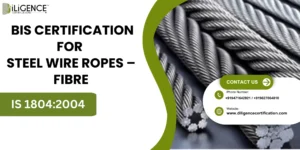
 BIS Certification
BIS Certification
 CDSCO
CDSCO
 CPCB
CPCB
 LMPC
LMPC
 WPC Approval
WPC Approval
 Global Approvals
Global Approvals
 TEC
TEC
 ARAI
ARAI
 BEE
BEE
 ISO Certification
ISO Certification
 Drone Registration
Drone Registration
 NOC For Steel
NOC For Steel



















 Business Registration
Business Registration















 Legal Services
Legal Services
